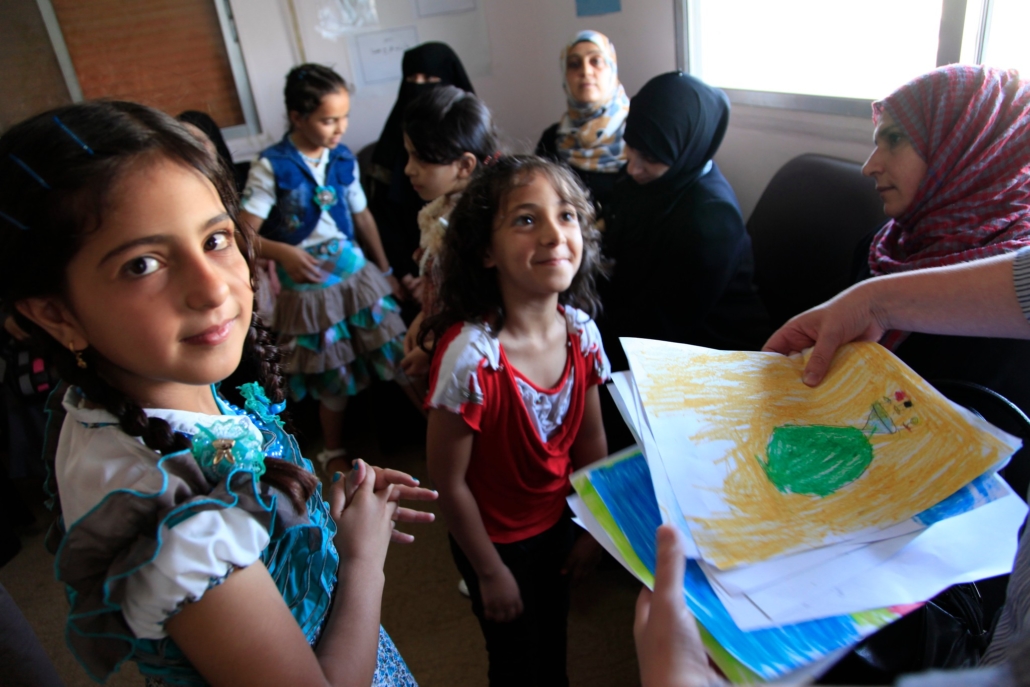Mental Health in Jordan

The World Health Organization (WHO) has determined Jordan’s mental health system needs significant restructuring, estimating that more than 25% of Jordanians experience mental health symptoms. Increased poverty rates due to conflicts in neighboring countries impacting the social climate have affected Jordan’s ability to cope with mental health in Jordan. Out of 100,000, only 305 Jordanians seek help for mental health symptoms, a problem needing a resolution.
The Current State of Mental Health in Jordan
When discussing the challenges the Jordanian government must address, there are preexisting strengths to build on. The fact that the Jordanian government has acknowledged the problem is a small leap in the right direction, especially in a predominantly Muslim country.
As of 2020, the WHO observed that Jordan’s mental health care system had a solid psychiatry program, a community that wants reform and affordable mental health that is free or inexpensive. The Jordanian Ministry of Health supports implementing the WHO’s mental health action program (mhGAP).
Aside from programs and affordability, mental health in Jordan has a low budget designated for facilitating mental health programs. In 2021, the annual budget reserved 6.1% for health services, and there needs to be more information on how that funding impacts mental health care. Known usages of Jordan’s health funding supported long-stay psychiatric facilities.
Psychiatrists and medication availability are scarce. Before the expansion of mental health in Jordan, there was less than one psychiatrist per 100,000 Jordanians, an unbalanced ratio showing a shortage of resources. In addition, medications, even for common disorders such as depression and anxiety, are sparse, and regulations make it harder to receive medication if available.
Possible Setbacks
The coronavirus pandemic has increased stress levels and poor mental health among adolescents, especially those living in poverty. In an international survey that UNICEF conducted, one in five young people between 15-24 said they had feelings of depression. Therefore, creating an environment where youth can learn about mental health and feel comfortable seeking help is vital.
Many Syrian refugees are in Jordan, with 86% living below the poverty line. Amman, Irbid and Zarqa are the governorates with high refugee populations most vulnerable to poverty, mental health issues and lack of resources.
The traumatic and stressful experiences endured when escaping from a country with political or social instability put many Syrians at risk of contracting mental health conditions. Including Syrians in the conversation is essential to ensure all Jordanians and its refugees have access to effective mental health care.
Potential Progress with the mhGAP Program
Jordan is the first of six countries that the WHO chose to participate in the mental health action program. The mhGAP program works to introduce mental health care into public health care. The introduction would strengthen early detection, diagnosis, pharmaceutical treatment, therapist interventions and recurring follow-ups.
Eighty new primary healthcare clinics and centers are necessary to meet the goal of improving the state of mental health in Jordan. The country has also introduced new small-scale mental health inpatient units in general hospitals and universities, further increasing accessibility to resources.
In Amman, Irbid and Zarqa, three of the most vulnerable, impoverished areas in Jordan, healthcare practitioners received training and supervision on proper mental healthcare procedures. As a result, three new outpatient centers focused on mental health in Jordan have opened in Amman, Irbid and Zarqa to ensure bountiful resources are available to the public.
The Jordanian Ministry of Health must rework the National Mental Health and Substance Use Action Plan for 2022 to 2025 to ensure the government makes life-saving changes. Developing and finalizing mhGAP plans for mental health in Jordan are the next steps to creating a well-rounded healthcare system.
– Mikada Green
Photo: Flickr
